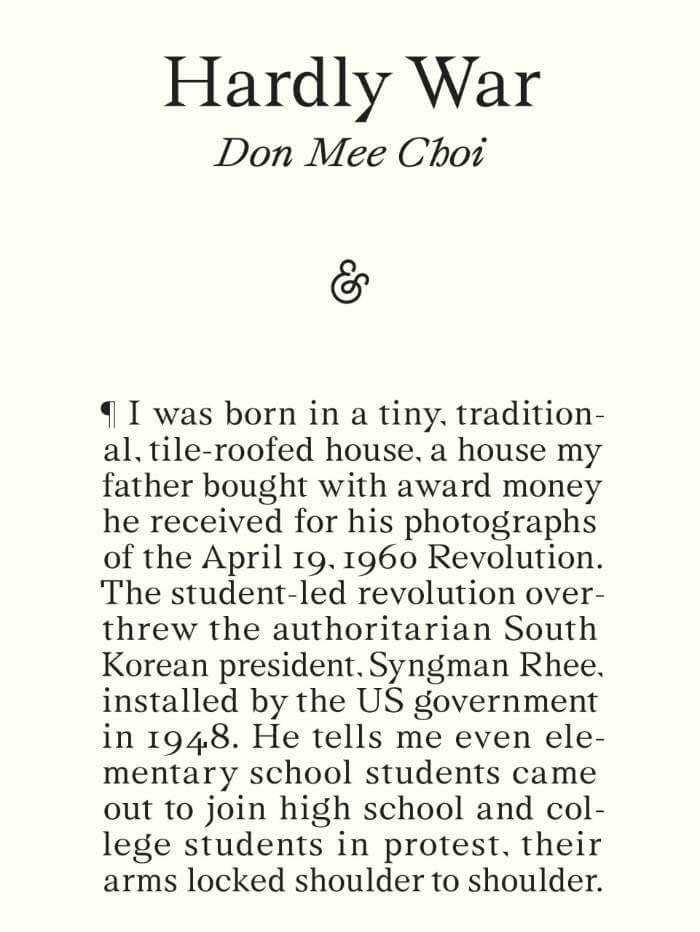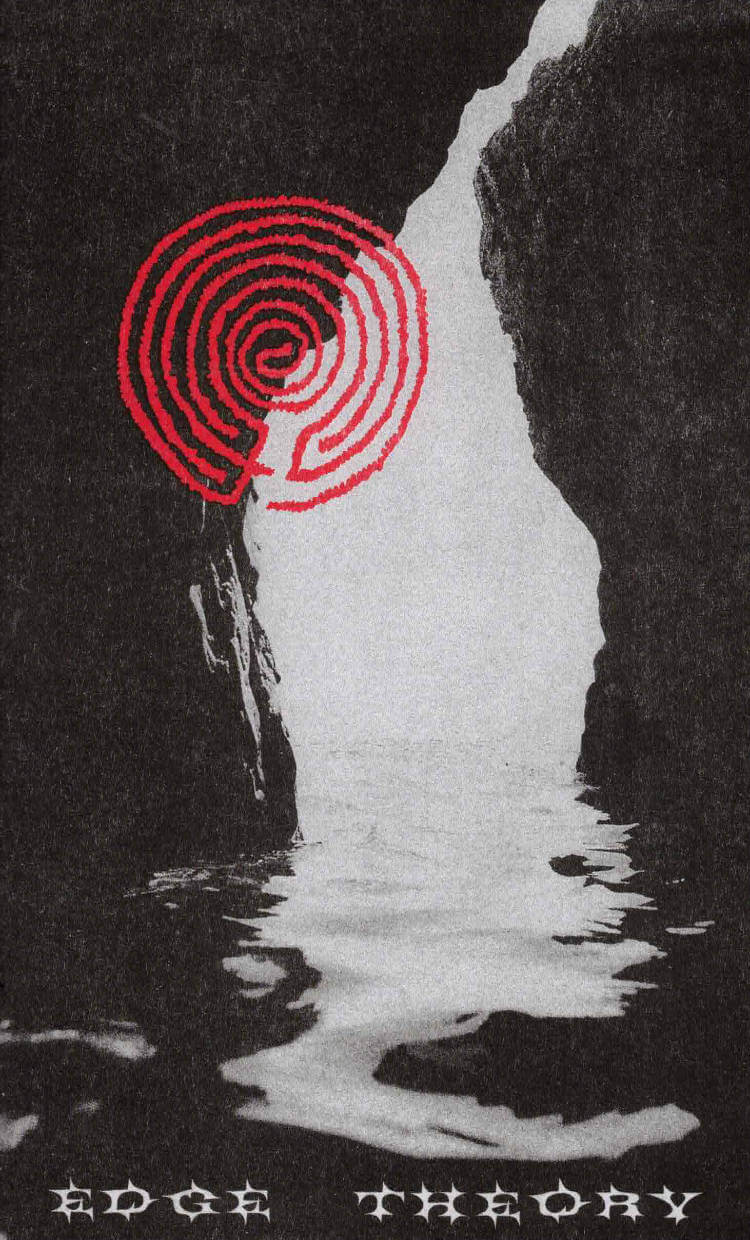
Siren (Some Poetics)
Quinn Latimer ed.
Through work by artists and poets of various generations and geographies, as well as additional contributors, SIREN (some poetics) considers the ways in which language is increasingly employed by artists in works that trouble the line between language as a literary practice and language as a visual one. Both human and nonhuman forms of language-making and poetics are insisted upon, from precolonial myth to scientific speculation, fungal networks to gut bacteria, text to textile, poem to algorithm. Published on the occasion of the exhibition of the same name at Amant, in Brooklyn, SIREN (some poetics) figures language in manifold forms: poem and essay, score and script, list and litany. All, though, emit and evidence a kind of parapoetics: poetry as opaque metabolic structuring or as some wild surfacing.
With texts by Hana Noorali & Lynton Talbot, Ruth Estevez, Quinn Latimer and excerpts by Don Mee Choi, Anais Duplan, Franz Kafka, Christa Wolf, a.o., and with artist contributions by Katja Aufleger, Patricia L. Boyd, Bia Davou, Sky Hopinka, Liliane Lijn, Bernadette Mayer, Rosemary Mayer, Nour Mobarak, Senga Nengudi, Rivane Neuenschwander, Mayra A. Rodríguez Castro, Aura Satz, Ser Serpas, Shanzhai Lyric, Jenna Sutela, Iris Touliatou, and Dena Yago
Language: English







